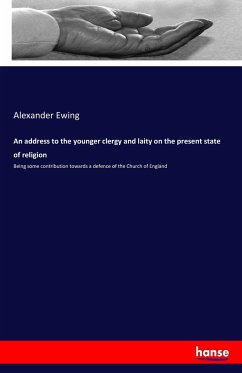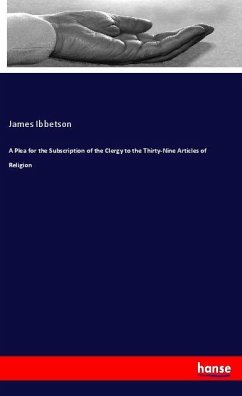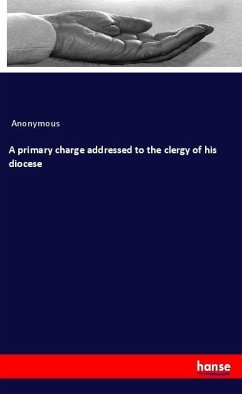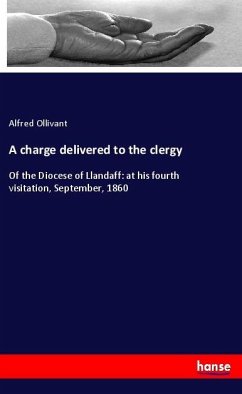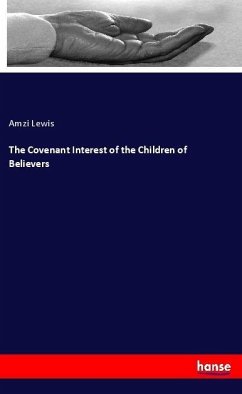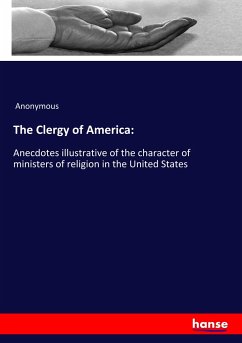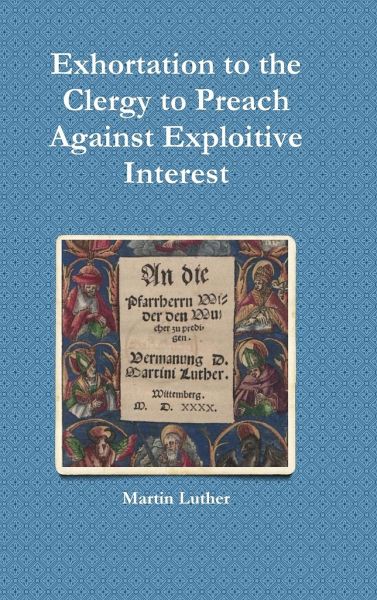
Exhortation to the Clergy to Preach Against Exploitive Interest (Usury)
Versandkostenfrei!
Nicht lieferbar
Martin Luther is known for inspiring the German Protestant Reformation in 1517 and giving birth to Protestantism. Beyond mere theology, Luther also frequently wrote about the economic conditions in which he lived, often criticizing the conditions the budding medieval money economy created for his less-fortunate contemporaries. This Exhortation of 1540 confirms Luther's keen understanding of the interplay between economic choice and its necessities far exceeding the limited grasp of the economy many will admit for a "mere monk". In reaction to an inactive government, Luther urges clergy to conf...
Martin Luther is known for inspiring the German Protestant Reformation in 1517 and giving birth to Protestantism. Beyond mere theology, Luther also frequently wrote about the economic conditions in which he lived, often criticizing the conditions the budding medieval money economy created for his less-fortunate contemporaries. This Exhortation of 1540 confirms Luther's keen understanding of the interplay between economic choice and its necessities far exceeding the limited grasp of the economy many will admit for a "mere monk". In reaction to an inactive government, Luther urges clergy to confront exploitive lenders (the usurers). Should these "devils in human shape" refuse to repent, Luther urges pastors to practically excommunicate unrepentant usurers. Luther's pastoral view on economy strikes us moderns as utterly naïve, but arguably this is precisely what's missing from our contemporary discourse of a more just economy. For discounts and more visit us at www.LutherBibleStudies.com!







